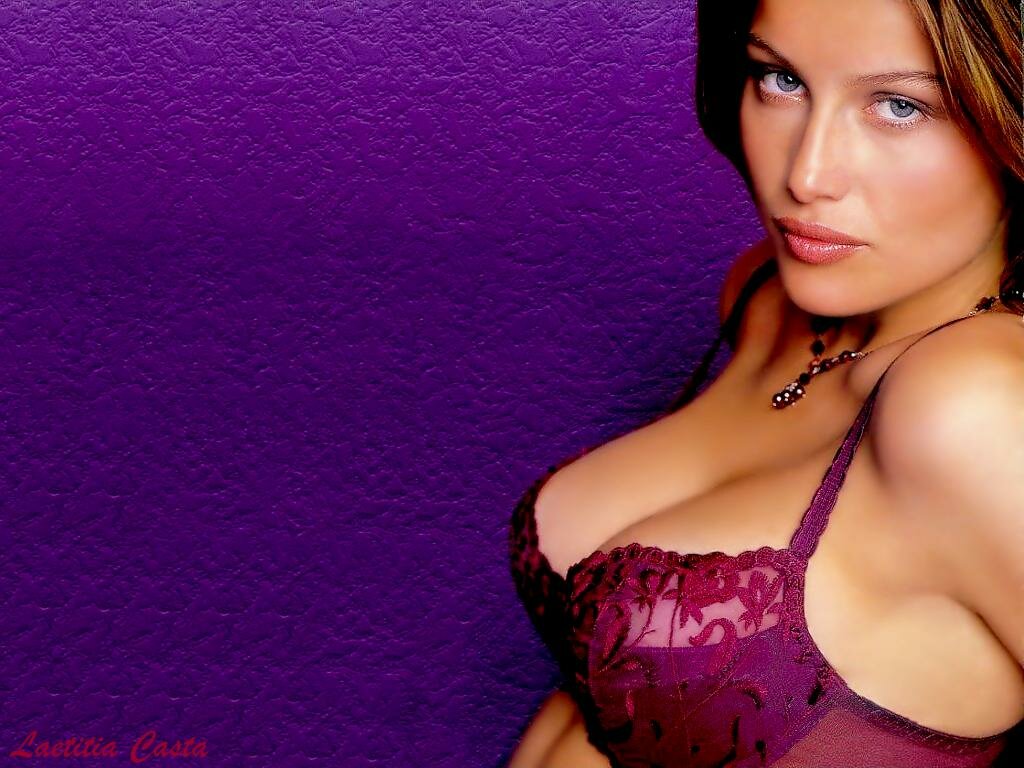Said1
Gold Member
padisha emperor said:said, you look like to don't like the French Canadian. I thought that behind thisterm, it was the inhabitants of the Quebec, who speak french. do you understand my answetr now ? If the french Canadians are for you the separatists, it is sure that there is a miscomprehension.
What are you saying here? Seriously, I'm not following you at all. And no, I'm not fussy about fed and provincial language policies in this country. I think it's safe to say that they are a reflection of the people who support them.
For France and Corsica : France tried to give a larger autonomy to Corsica, but the inhabitants of the Island (Corsica is an island, if you were ignored it - yes, i'm arrogant, but you know, i'm French - ), the inhabitants of Corsica REFUSED. They voted NO.
Why did they refuse, specifically? Why didn't they want more administrative autonomy?
but nice try anyway.
Sure, I know.
For the Corsica-France relation before the XXth : in the XIXth. But Corsica was French also, so it doesn't count, I think.
]and, you should learn the link of Kathianne,about the history of the island : occupation by the Franks (so, the French) but they gave it to the Pope. And after, the masters of the Island were Pisa, Aragon, Genoa...and finally, France.
So, there was never an independant State of Corsica : it was always occupied by countries. SO, if there is a peace agreement betwwen france and Corsica, it is in reality between France and the master of the Island, then Aragon, Pisa, Genoa.
Genoa gave Corsica to France : one peace agreement. And after, the island is french.
Any other question ?
I'm aware of the history of the island you ginormous ass. I ask you to direct me to any agreements between Corsican armies fighting against the French, for independence. Ya know, like the one Napoleon fought in dopey smurf. Wow, you are a little baby. :baby:

